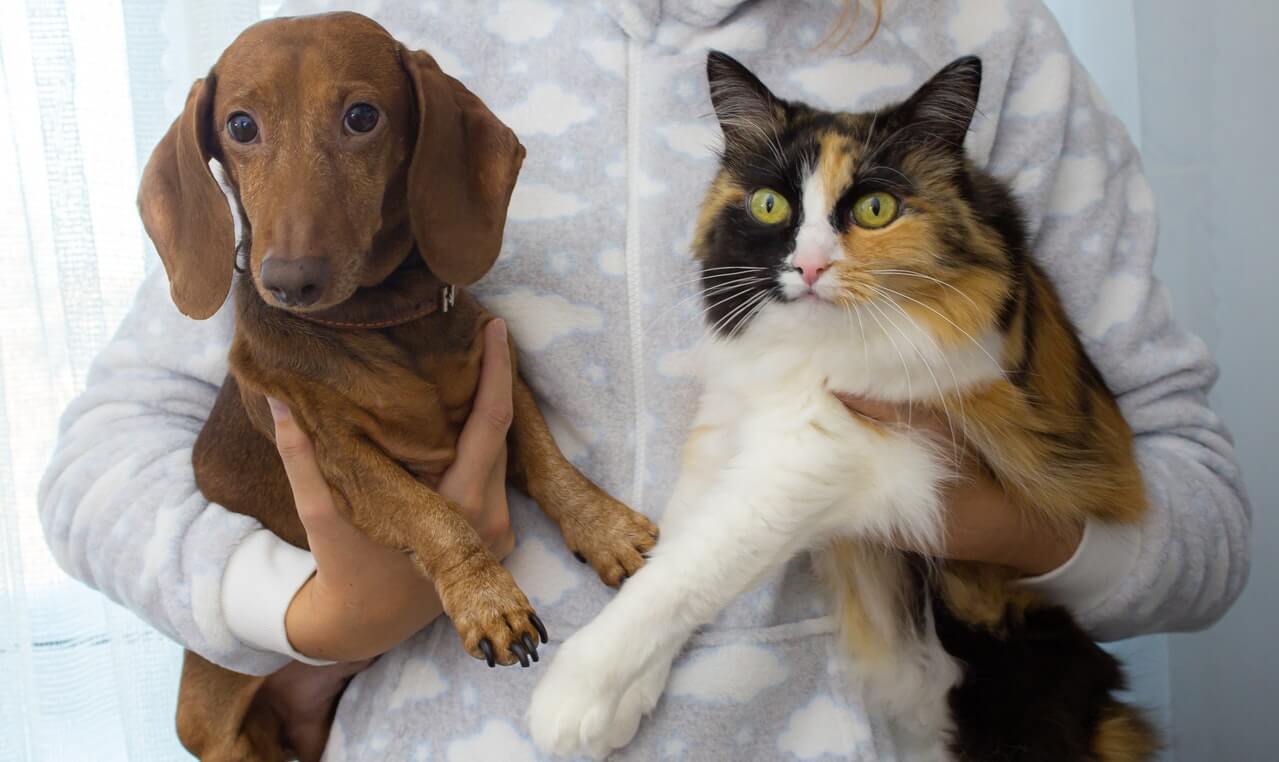The desire to own a pet can be so strong that we may buy one on impulse.
It’s easy to overlook the costs of pet ownership when our hearts are melting with furry love, but it is a serious commitment.
While preferences and way of life are essential, you also need to think about your financial situation. If you’re considering buying a pet, be prepared to support your noble intentions with a sizable financial outlay.
Many pets can live for more than 10 years, leaving some pet lovers unprepared for the price tag attached to owning and caring for an animal in a responsible manner. As such, getting a pet should be treated as preparing for milestones such as a down payment on a car or a house.
In this article, we’ll look at some of the basic costs of pet ownership to help you prepare better if you plan to own one.
7 Costs That Will Come Up When You Own a Pet
1. Food
The cost of pet food will be ongoing. Prices vary based on your pet’s age, size, and the brand you choose to feed it.
Due to stricter standards for ingredients, premium meals often offer superior nutritional value, which offsets their typically higher price. Pet owners are thought to spend between $250 and $700 annually on food and treats.
2. Dog walks
Not everyone can afford this expenditure, but if your calendar is busy, you might want to think about hiring a dog walker for planned trips.
Prices considerably vary depending on where you are. If you hired a person to walk your dog for $20 a day, seven days a week for a year, you would spend $5,200 on just dog walking.
3. Extra treats
Pet owners spend money on toys, snacks, beds, leashes, carriers, cages, and other amenities.
But the price of playtime varies depending on the pet. Some pets are more likely to chew things, which might result in toys needing to be replaced more frequently and costing more money. Better than having to replace your unique shoes is having a ready supply of toys to keep them interested.
4. Pet Insurance
More pet owners are resorting to insurance policies to cover the associated medical expenses.
Progressive firms provide group coverage for pet owners because they understand that pets are part of the family as well. Traditional insurers themselves also sell pet insurance coverage.
In either case, read the small print carefully and make sure you comprehend any applicable spending limits, deductibles, and coverage exclusions.
5. Veterinary fees
One example: For a healthy dog, annual routine veterinarian checkups might cost between $700 and $2,000 each year. The annual cost of necessary drugs or supplements may range from $200 to $600.
You might also want to think about buying insurance if you’re concerned about medical costs or are drawn to a pet that is often more susceptible to disease.
6. Grooming
Because it keeps your pet’s skin healthy and irritation-free and gives you a chance to check for fleas or ticks, grooming may be a terrific preventive-care expenditure. In addition to helping you save money in the long run, good oral hygiene also helps prevent gum disease and tooth decay.
You have the option of hiring a groomer or doing it all yourself, either at home or at a self-service establishment.
7. Kennel boarding
A kennel (or pet hotel) is one option for caring for pets while you are out of town.
Prices vary by location and pet size with some boarding houses allowing you to pay as little as $20 a day. If you want to offer your pet a more “luxury” boarding service, you would have to pay more.
How to ease the cost of owning a pet
Similar to how financial experts typically recommend humans to have three to six months’ worth of living expenses set aside in an emergency fund, it’s also advised to set up an emergency fund for your pet ownership.
Start by contributing a select amount you expect to spend. Estimate costs for upkeep and miscellaneous expenses (like buying toys and grooming). Also, make provisions for emergencies. You can give yourself a 6-month period to shore up savings before you go and adopt your new friend.
Final word
Caring for your new family member may require some financial sacrifices, but the companionship and loyalty of pets can’t be quantified in monetary terms.
Sadly, many animals end up in shelters because their owners can’t afford their care any longer. To avoid such a scenario, you have to prepare yourself mentally and ensure that you can give your pet the home they deserve.



